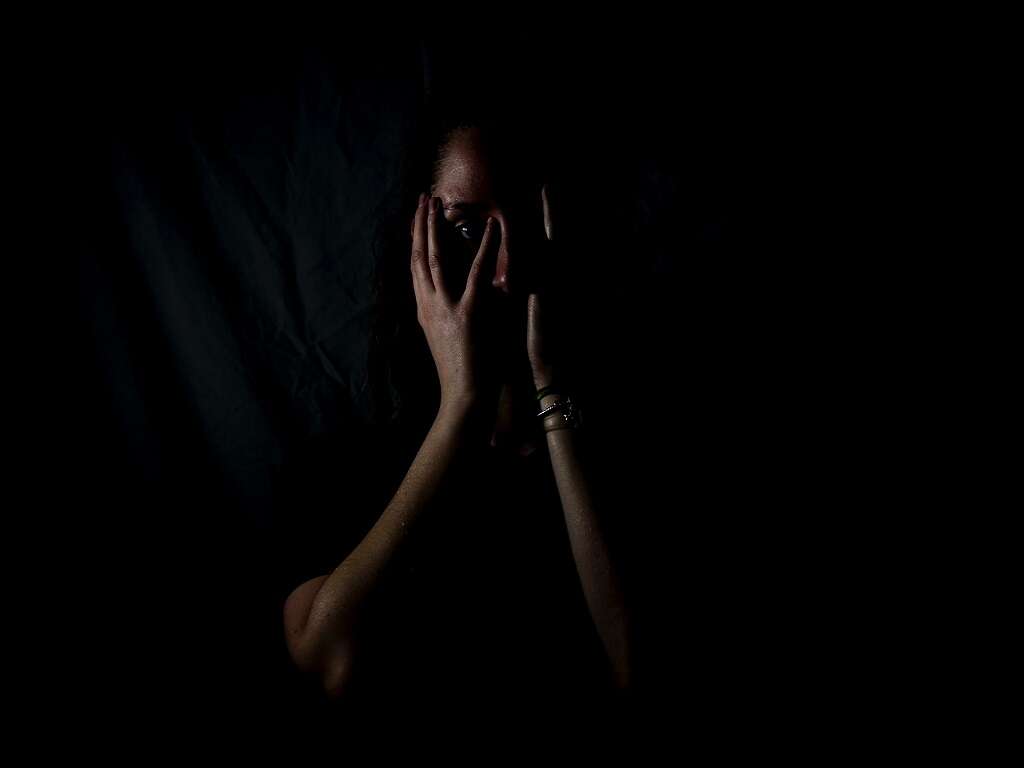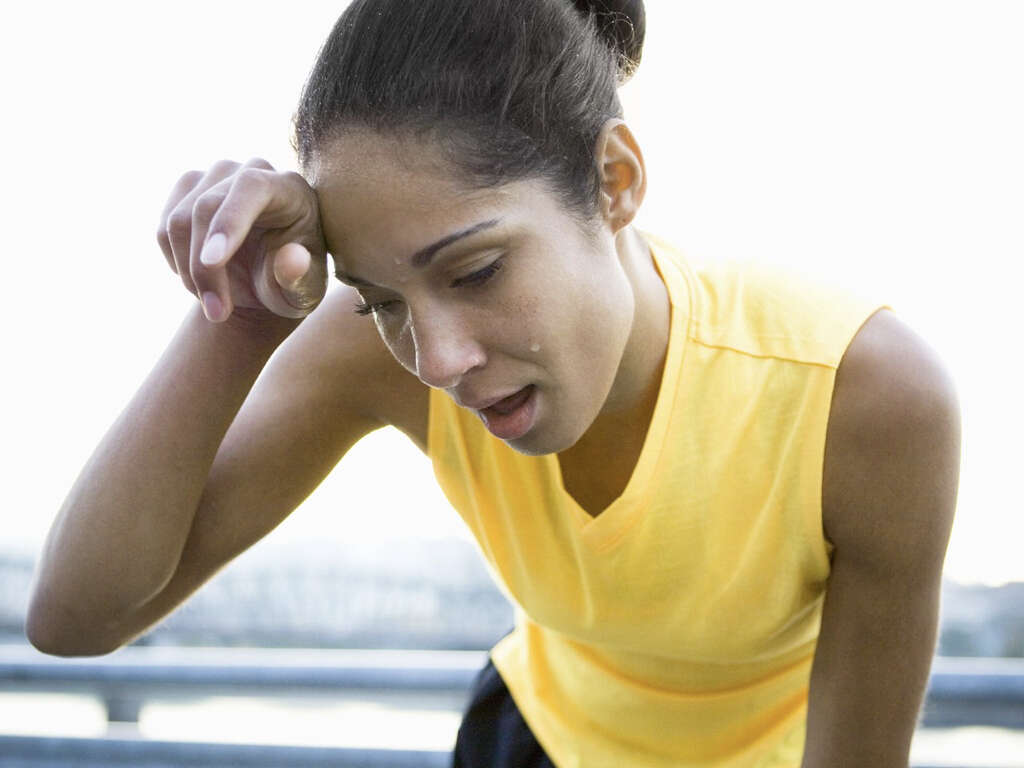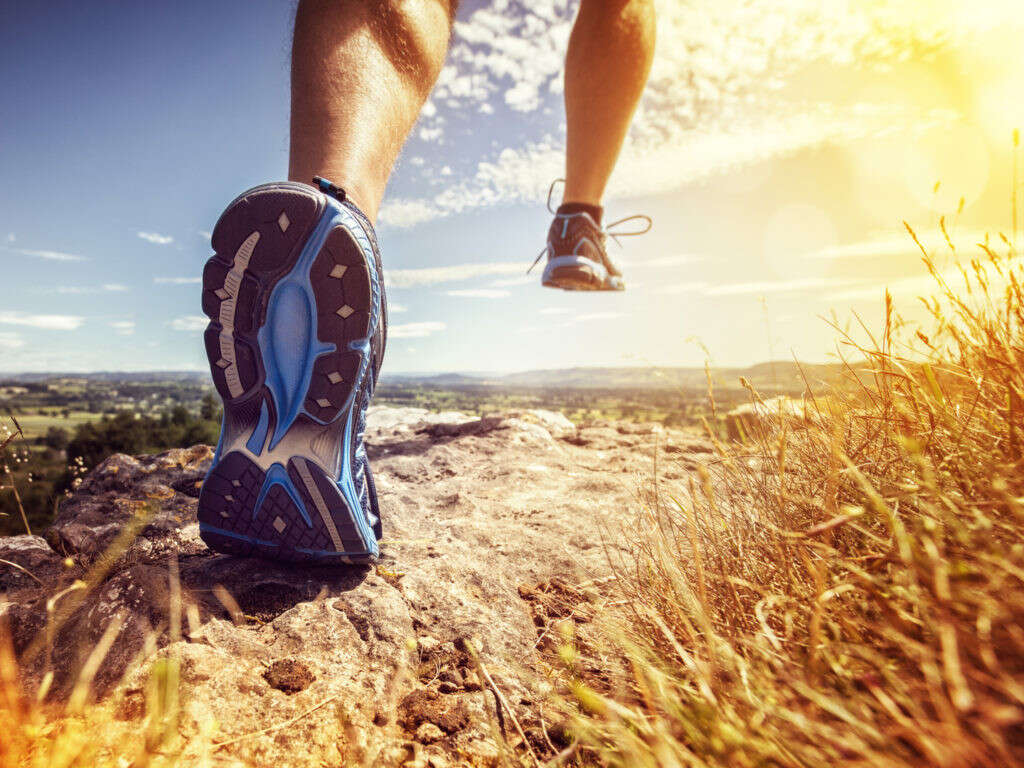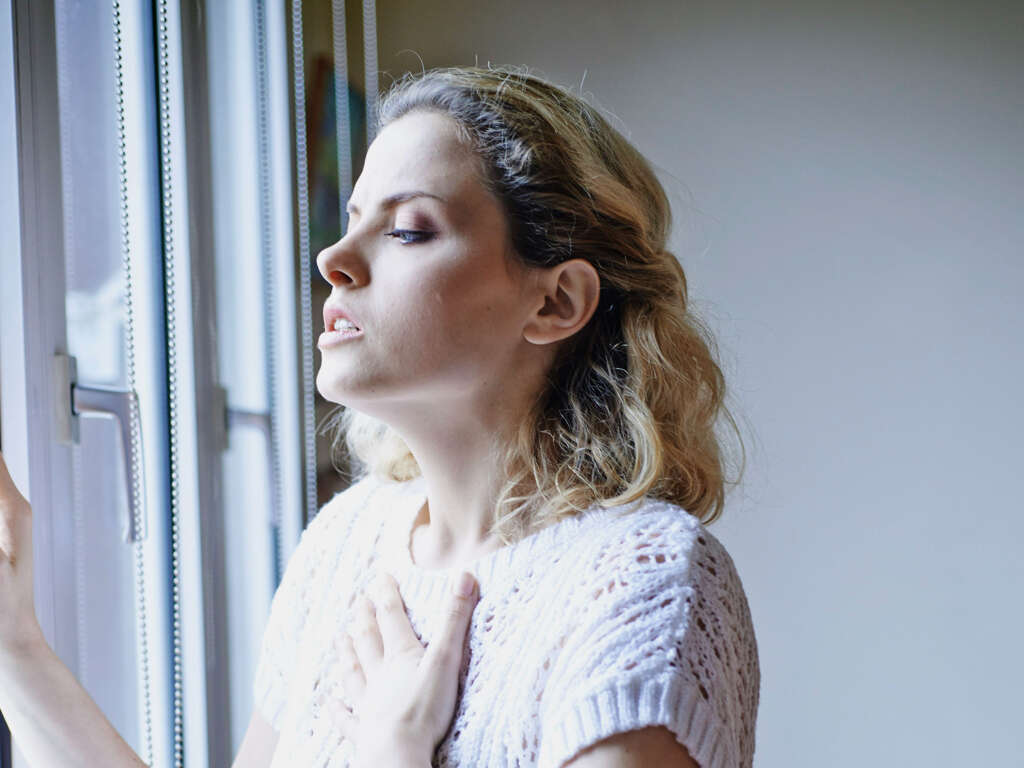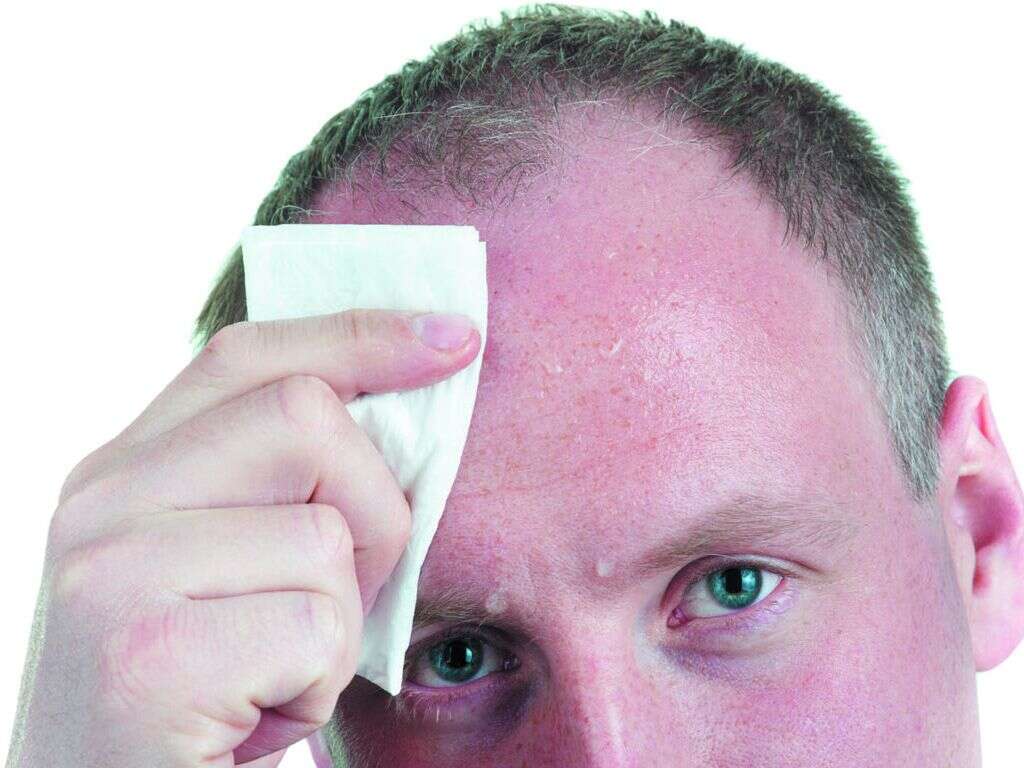10 Night Sweats Symptoms
 Article Sources
Article Sources
- 1. 'Night Sweats In-Depth.' Mayo Clinic, Mayo Foundation for Medical Education and Research, 22 Feb. 2020, www.mayoclinic.org/symptoms/night-sweats/in-depth/sym-20050768?p=1
- 2. 'Chills: Causes & Treatment.' Cleveland Clinic, my.clevelandclinic.org/health/symptoms/21476-chills
- 3. Pieretti, Lisa. Night Sweats - International Hyperhidrosis Society: Official Site. International Hyperhidrosis Society | Official Site, 7 June 1970, www.sweathelp.org/where-do-you-sweat/other-sweating/night-sweats.html
- 4. 'Sweating and Body Odor.' Cleveland Clinic, my.clevelandclinic.org/health/symptoms/17865-sweating-and-body-odor
- 5. Pieretti, Lisa. Night Sweats - International Hyperhidrosis Society: Official Site. International Hyperhidrosis Society | Official Site, 7 June 1970, www.sweathelp.org/where-do-you-sweat/other-sweating/night-sweats.html
Excessive sweating while sleeping is known as night sweats. Sweating is the body's way of regulating its temperature and preventing overheating naturally. Sweat glands on the skin release water, and as the fluid evaporates, it releases heat energy and cools the body.
It's normal for people to experience some perspiration throughout the night, such as on a hot summer evening. Night sweats are more severe and commonly leave clothes and sheets drenched, even when the room is cool. There are several symptoms of night sweats. Although generally not severe, the condition sometimes signals a need for further medical attention.
Sweating
As the name suggests, the most common symptom of night sweats is repeated episodes of substantial nighttime perspiration. People experiencing this condition commonly wake up with their bedding and pajamas soaked in sweat. The excess perspiration isn't caused by a warm room temperature or too much clothing. Instead, night sweats are caused by hot flashes occurring during sleep related to an underlying medical condition.
People experiencing night sweats should contact a doctor if the episodes occur regularly, interrupt sleep, or are accompanied by a fever, weight loss or other symptoms of concern.1‘Night Sweats In-Depth.’ Mayo Clinic, Mayo Foundation for Medical Education and Research, 22 Feb. 2020, www.mayoclinic.org/symptoms/night-sweats/in-depth/sym-20050768?p=1
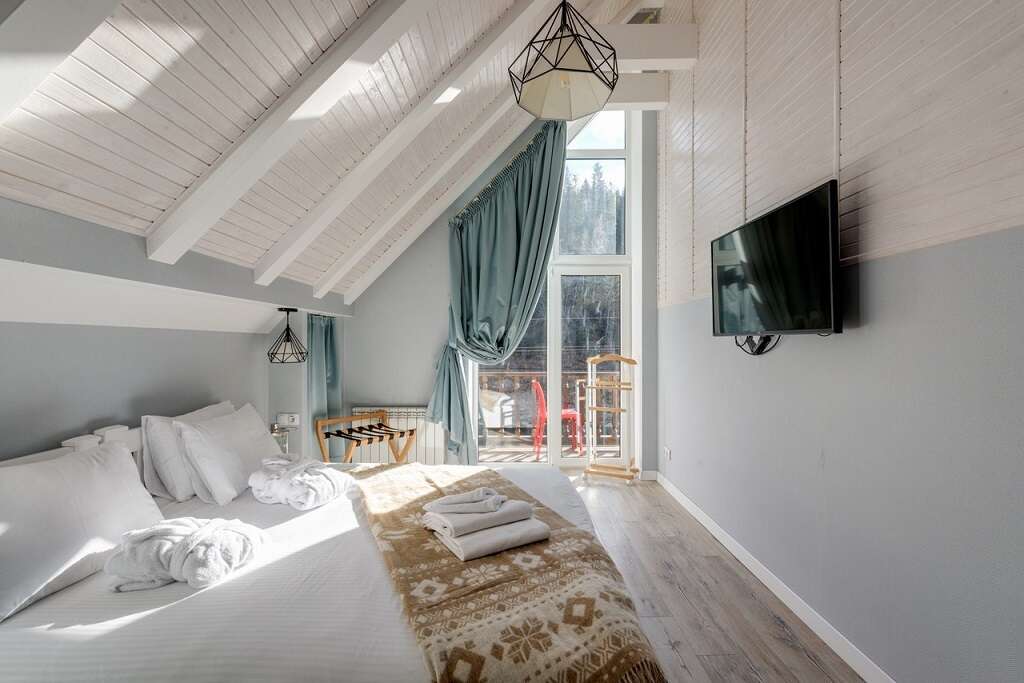
Wet Sheets
Wet sheets are a common complaint of people experiencing night sweats. Excessive nighttime perspiration may soak through pajamas and onto the sheets. If bedding isn't changed quickly, wet sheets may cause discomfort through the night and interfere with sleep. Sweat may also cause damage to mattresses if the perspiration is substantial and leaks through the sheets.
Individuals regularly waking up with damp sheets should avoid cotton sheets. Instead, moisture-wicking sheets may alleviate some of the discomfort.
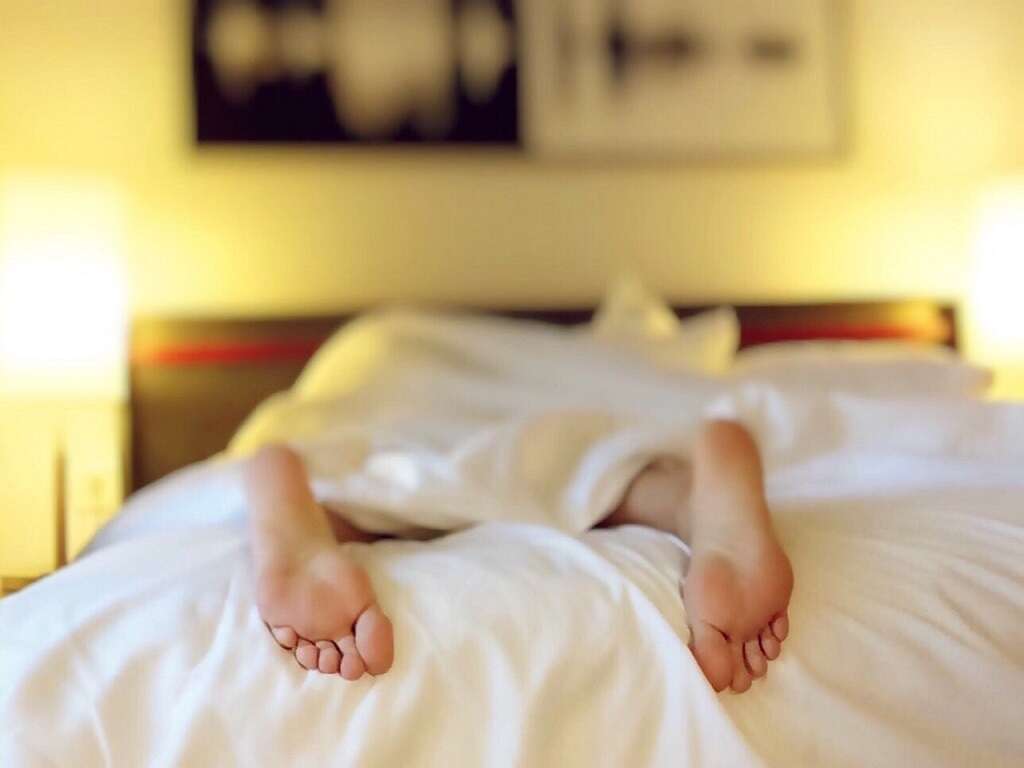
Chills
Chills may be a symptom of night sweats. Chills is the term for feeling cold without an apparent cause. It's an involuntary response that occurs when muscles expand and contract and blood vessels in the skin constrict. Chills are a sign the body is trying to regulate its temperature.
People with chills may experience shivering, shaking, chattering teeth or goosebumps. Layering clothing for easy body heat moderation throughout the night is a good way to combat this symptom.2‘Chills: Causes & Treatment.’ Cleveland Clinic, my.clevelandclinic.org/health/symptoms/21476-chills
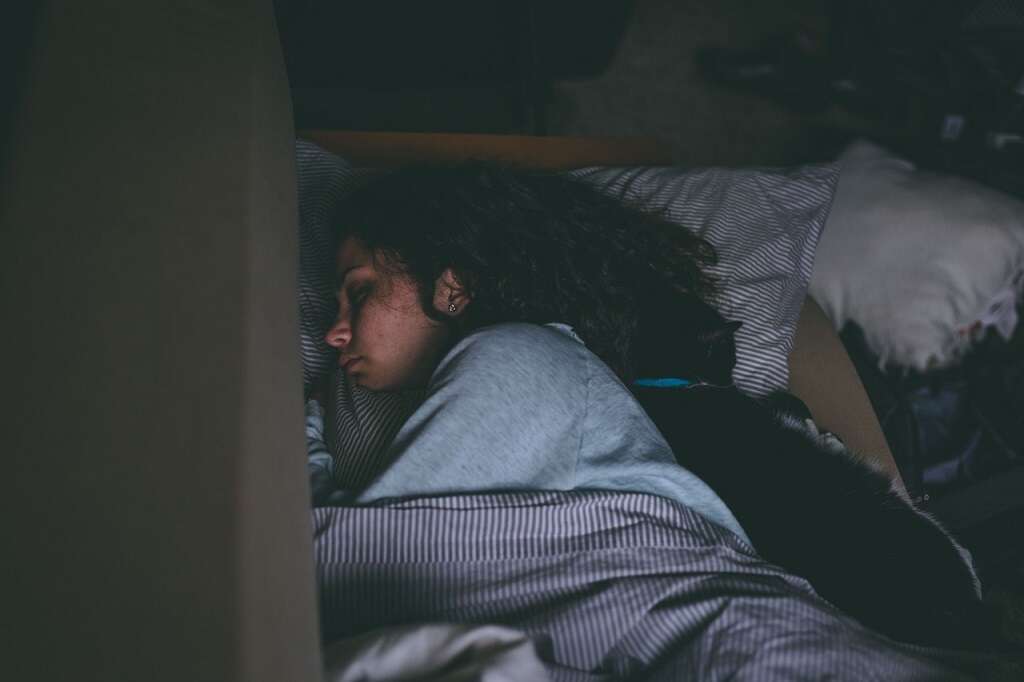
Drenched Clothing
Waking up in pajamas soaked with sweat, even if the room is cool, is a sign of night sweats. Wet clothing may lead to irritation and chills through the night, which likely interferes with quality of sleep.
Wearing moisture-wicking pajamas and avoiding non-breathable synthetics are helpful tricks to curb the discomfort of waking up with drenched clothing. Wearing layers that may be easily removed as needed through the night is also beneficial.3Pieretti, Lisa. Night Sweats - International Hyperhidrosis Society: Official Site. International Hyperhidrosis Society | Official Site, 7 June 1970, www.sweathelp.org/where-do-you-sweat/other-sweating/night-sweats.html
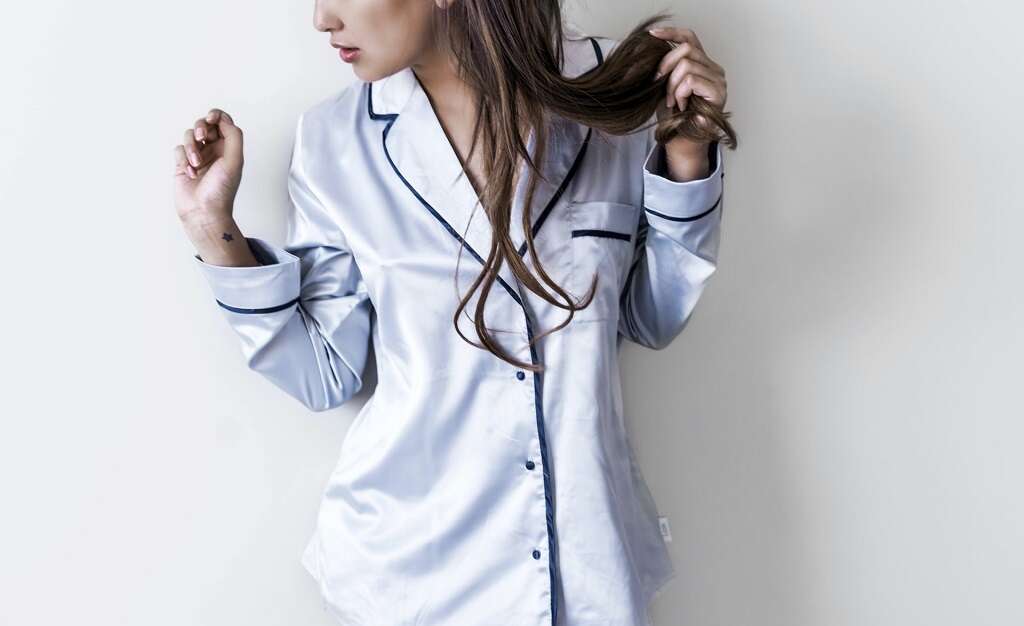
Damp Mattress
When night sweats are extreme, excess perspiration may soak through pajamas and bedding and cause dampness in the mattress. People experiencing night sweats may be woken up by the uncomfortable sensation of sleeping on a wet bed. Beyond discomfort, prolonged wetness may also damage mattresses.
Using quick-drying bedding instead of cotton sheets may help protect mattresses. Another suggestion is to layer bedding for easy body temperature adjustment through the night.
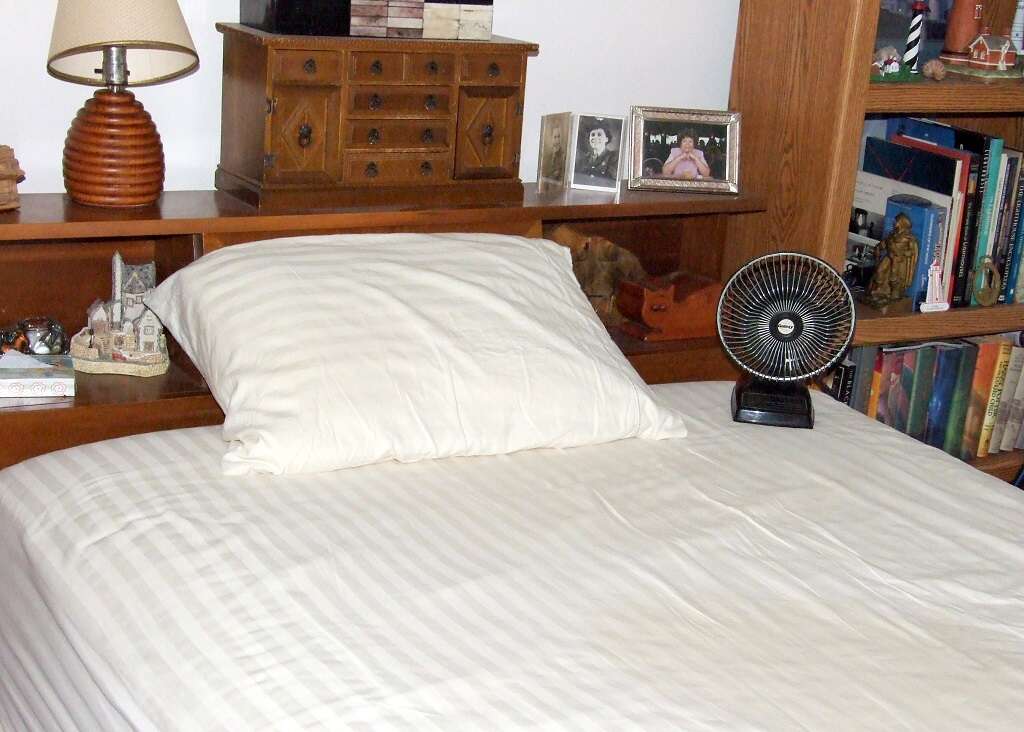
Body Odor
Prolonged and excessive perspiration during sleep may cause body odor. It's not the sweat itself that has a foul smell. Body odor develops when sweat mixes with bacteria on the skin located in the armpits, breasts and genital areas.
On average, men experience more body odor problems than women because they excrete more significant amounts of sweat. Frequent showering, limiting spicy foods and using a topical deodorant may help minimize body odors during the night.4‘Sweating and Body Odor.’ Cleveland Clinic, my.clevelandclinic.org/health/symptoms/17865-sweating-and-body-odor
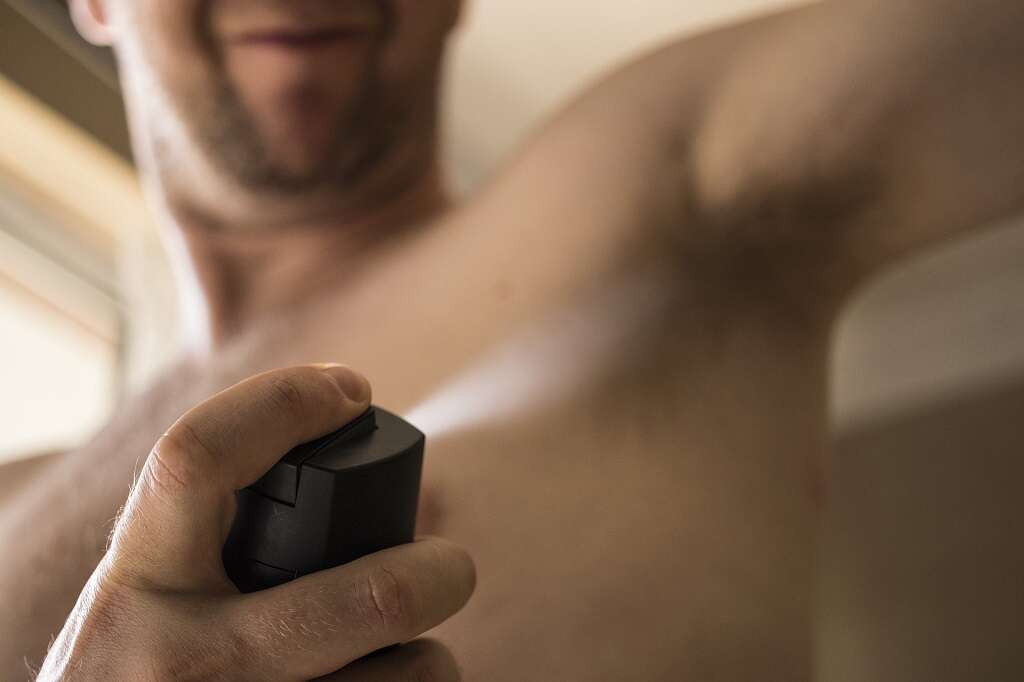
Dehydration
Excessive sweating may lead to dehydration since a large amount of water is lost through the skin. When the body loses more fluids through the skin than are replenished through drinking water, there is a risk of dehydration. Dehydration may cause headaches, fatigue, migraines or possibly organ failure.
People experiencing night sweats should ensure they drink water regularly throughout the day. Keeping a glass of water beside the bed to quench nighttime thirst may also help.
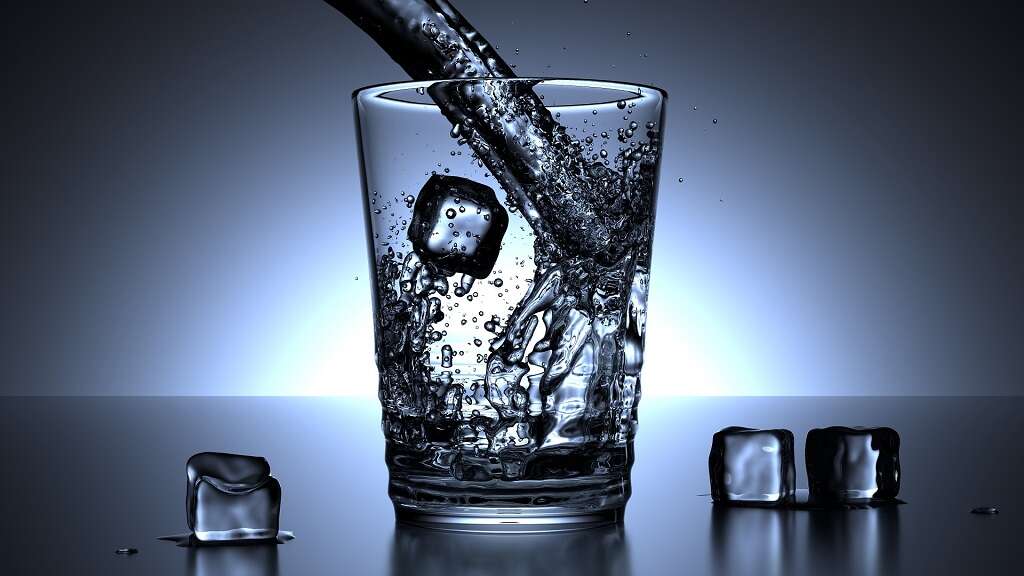
Increased Anxiety
People with night sweats may experience increased anxiety. Frequent interruptions of sleep patterns caused by discomfort or changing wet clothing and bedding throughout the night may affect a person's mental health. Night sweats may also be incredibly embarrassing when sleeping with a partner and may lead to anxiety about waking them up with a wet bed.
Meditation, bedtime yoga and breathing exercises may help lower stress and anxiety caused by night sweats.
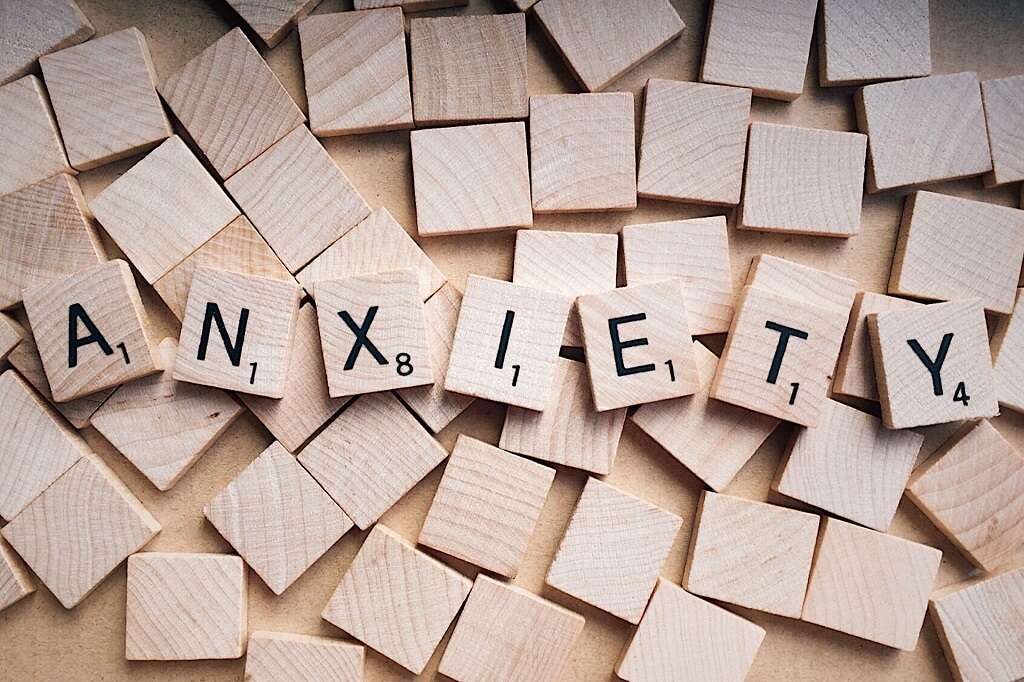
Fatigue
Severe nighttime sweating may disrupt sleep and cause people to feel fatigued during the day.
Individuals experiencing night sweats typically feel discomfort throughout the night due to overheating or increased anxiety. Some people may feel the need to wake up frequently to change their sheets or pajamas when they become soaked in sweat. These constant interferences with sleep patterns prevent individuals from getting enough sleep and may affect their daytime lives.5Pieretti, Lisa. Night Sweats - International Hyperhidrosis Society: Official Site. International Hyperhidrosis Society | Official Site, 7 June 1970, www.sweathelp.org/where-do-you-sweat/other-sweating/night-sweats.html
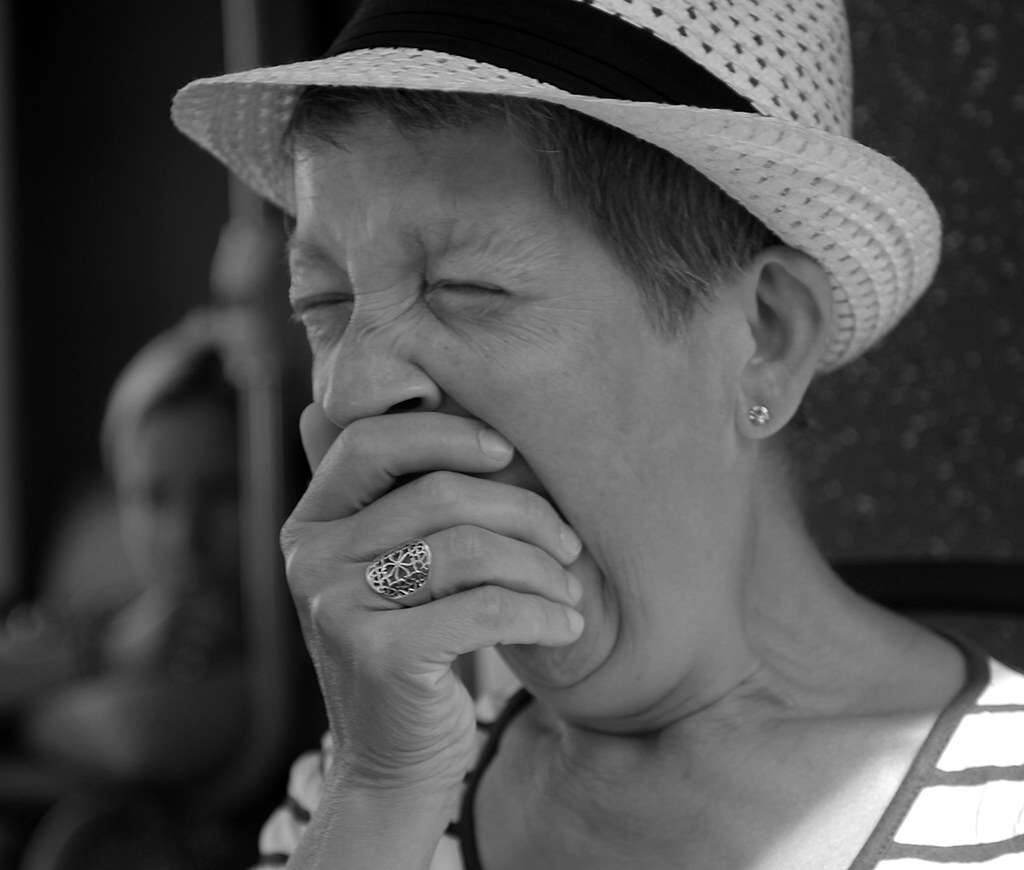
Low Electrolytes
Low electrolytes may be a symptom of night sweats. Electrolytes are naturally occurring nutrients in the body that control essential functions, such as heartbeat regulation and muscle contractions. These nutrients include magnesium, potassium, sodium, phosphate and chloride.
Electrolytes may become depleted by a loss of bodily fluids through excessive sweating. Low electrolytes may interfere with the body's ability to function properly. An individual with an electrolyte imbalance may experience dizziness, cramping or an irregular heartbeat.



